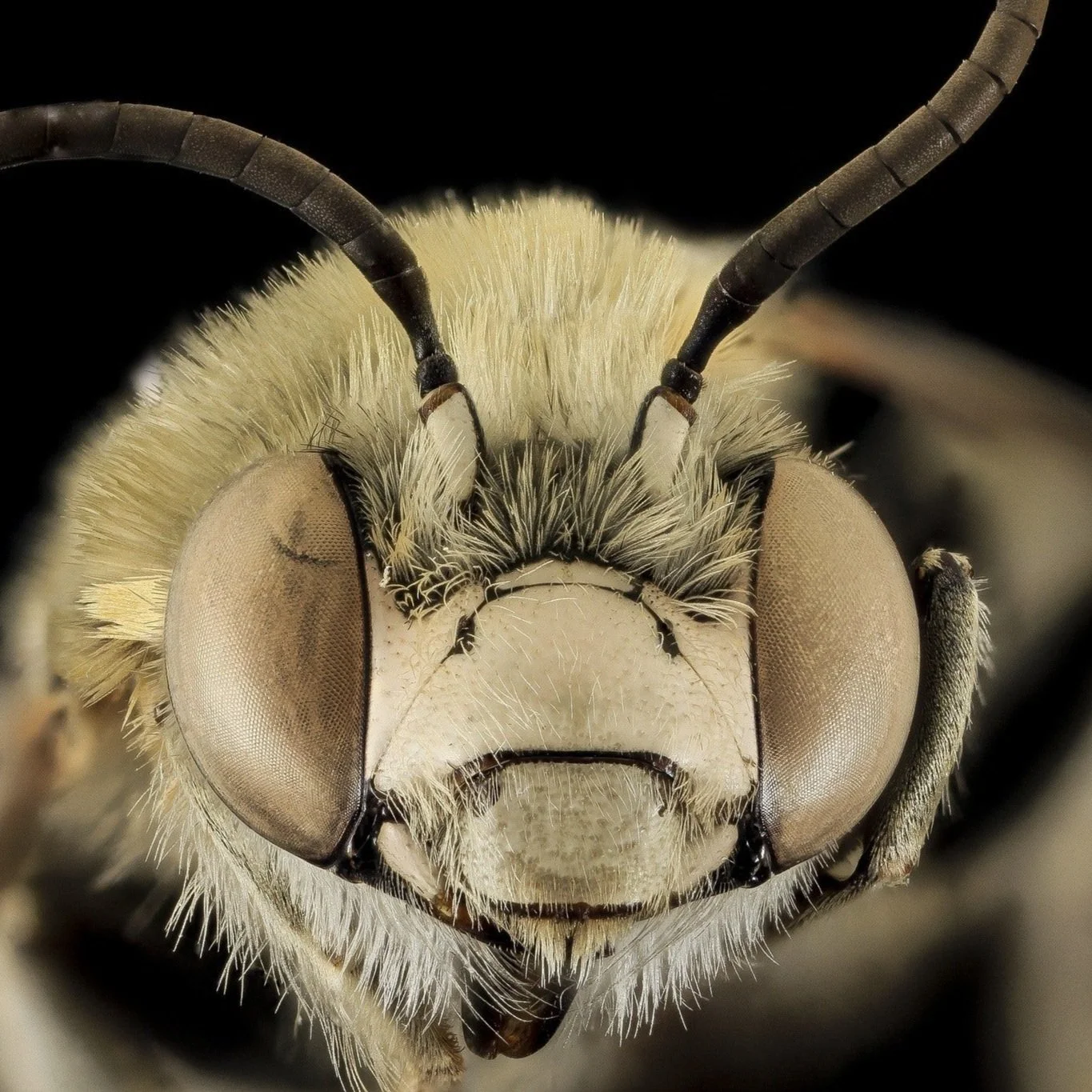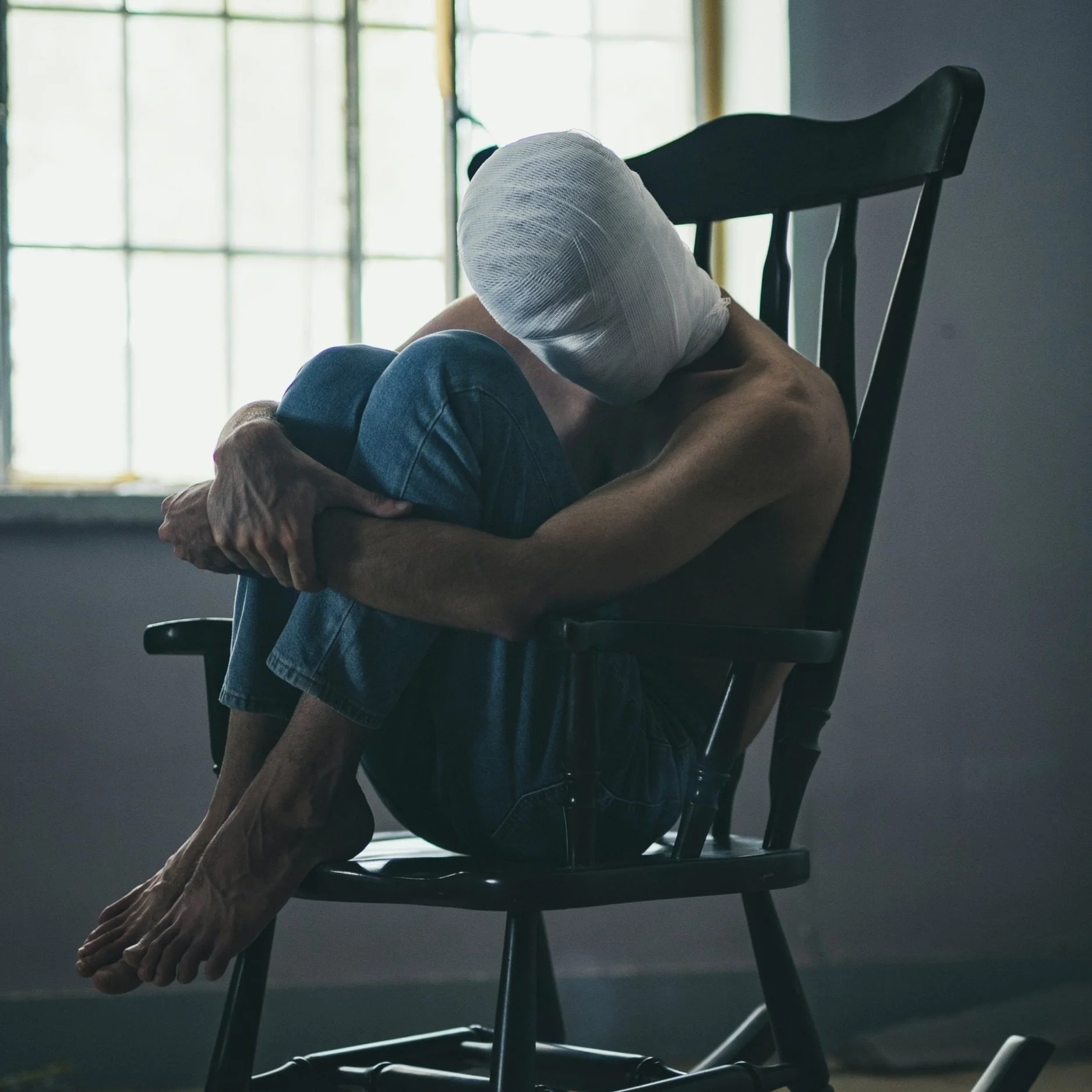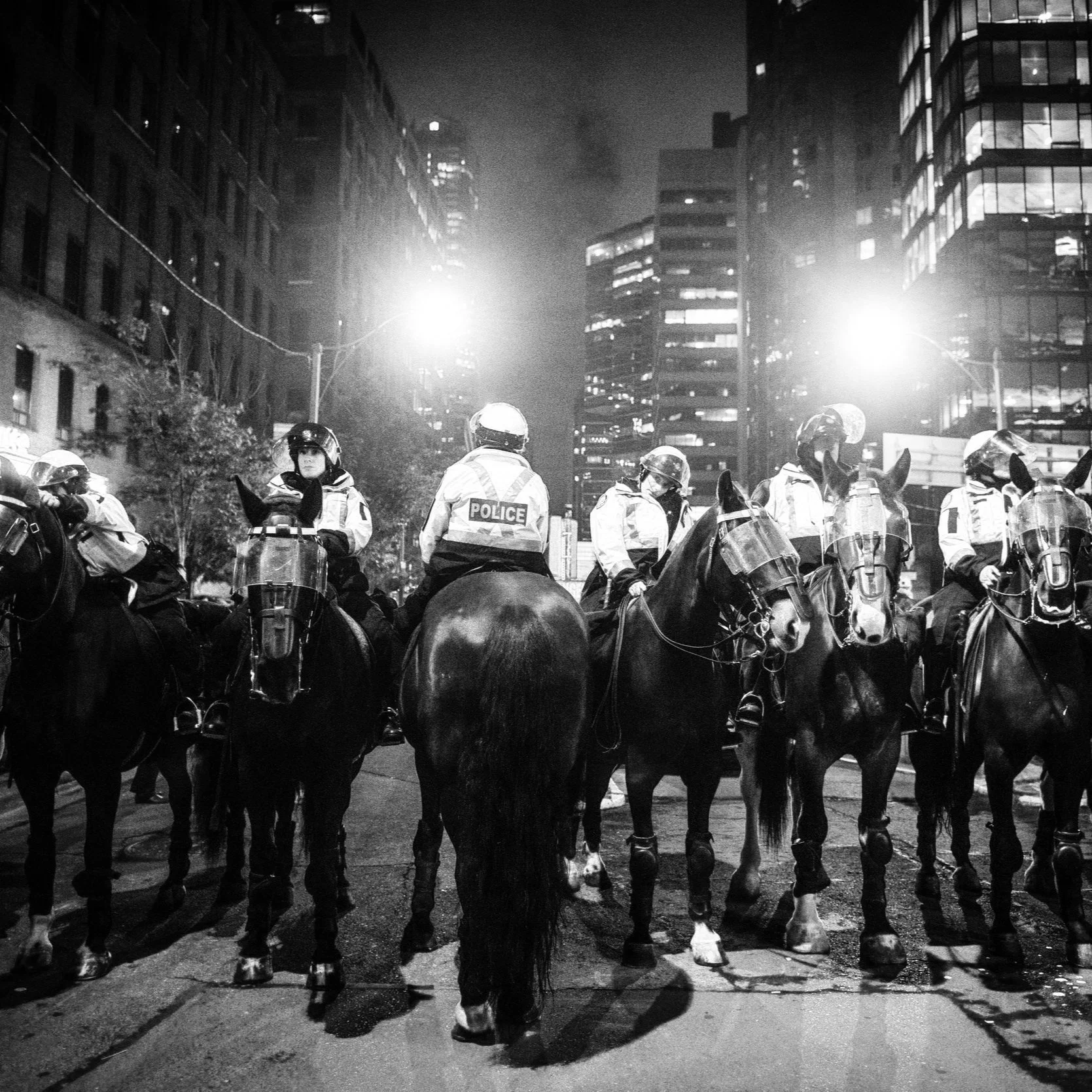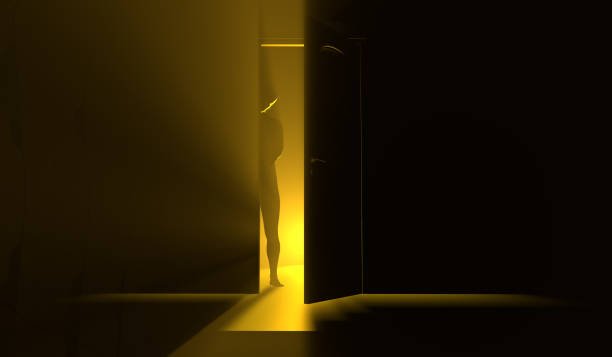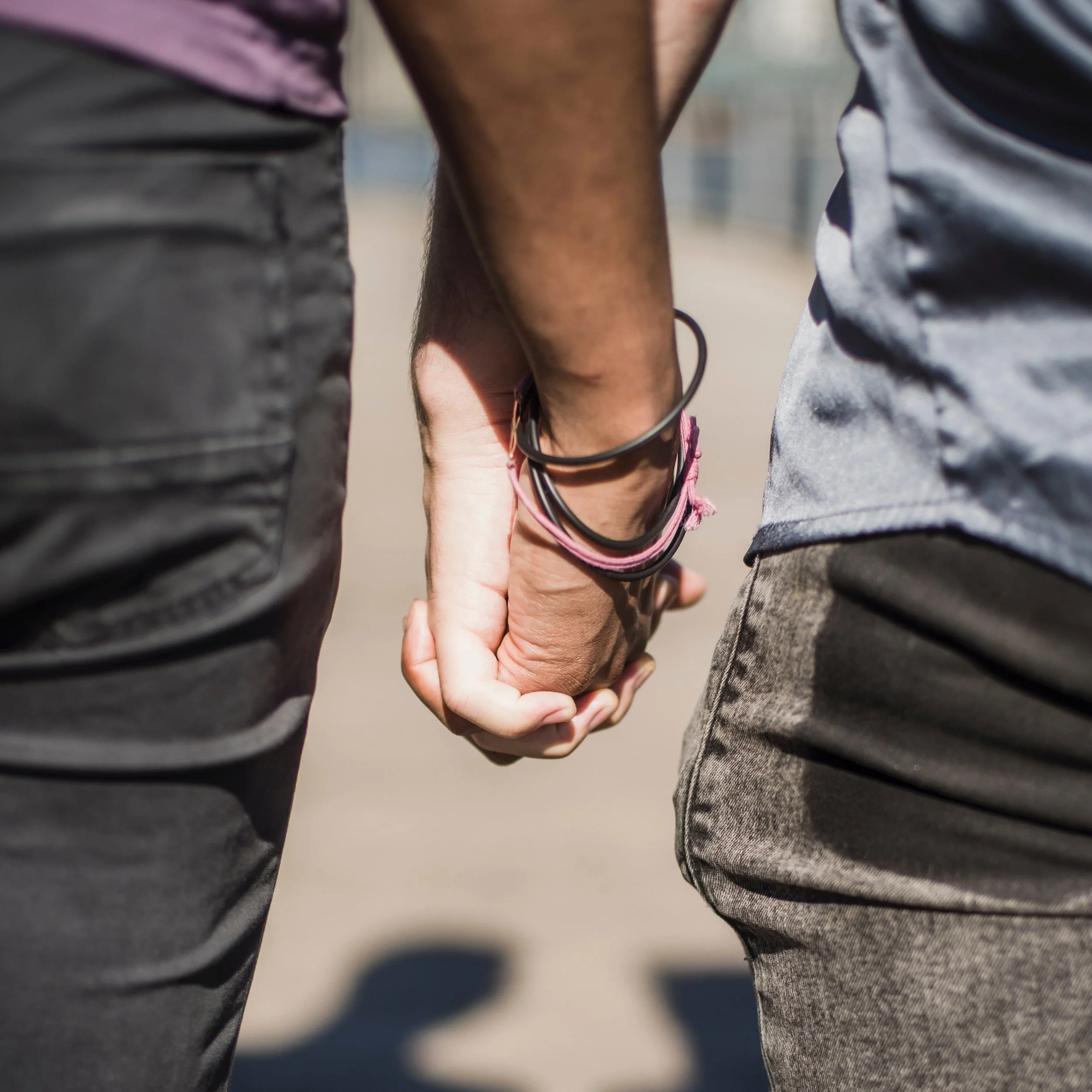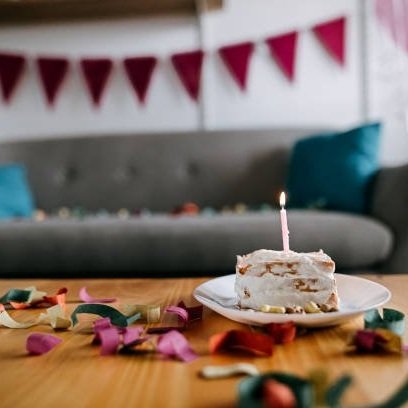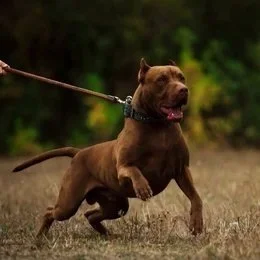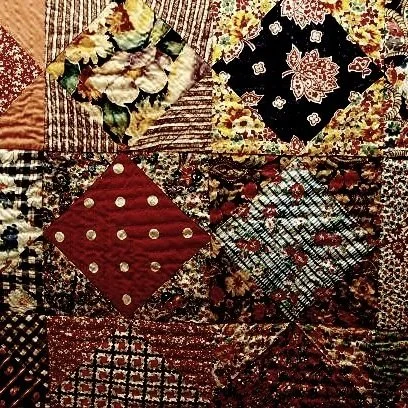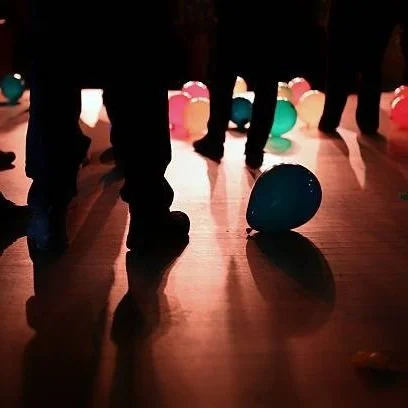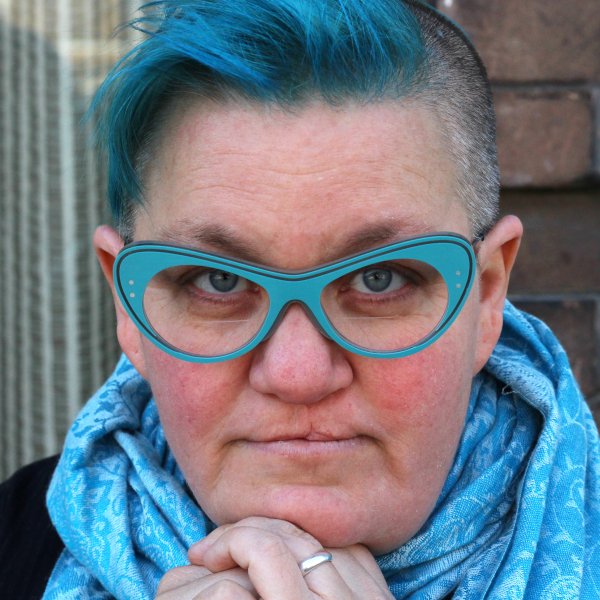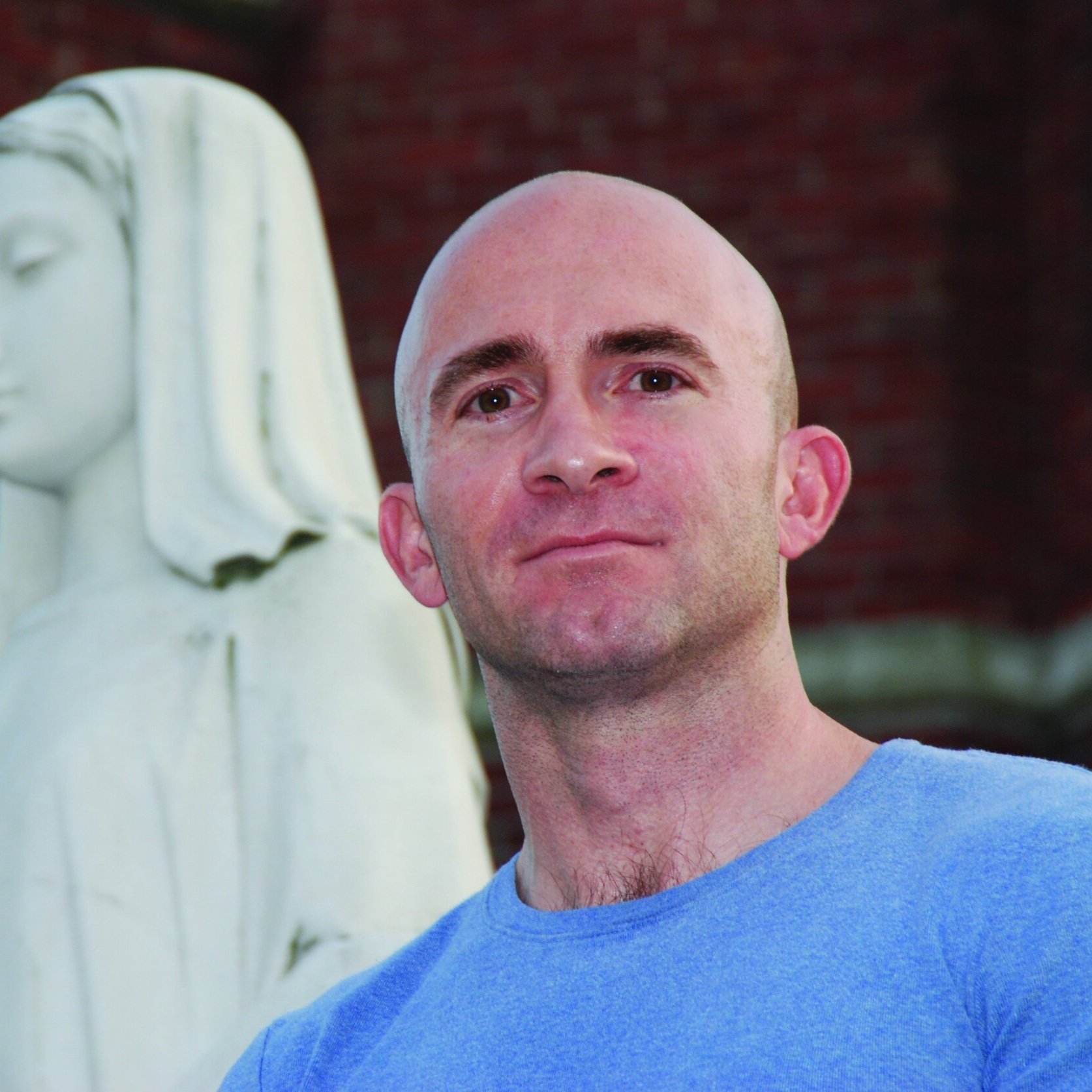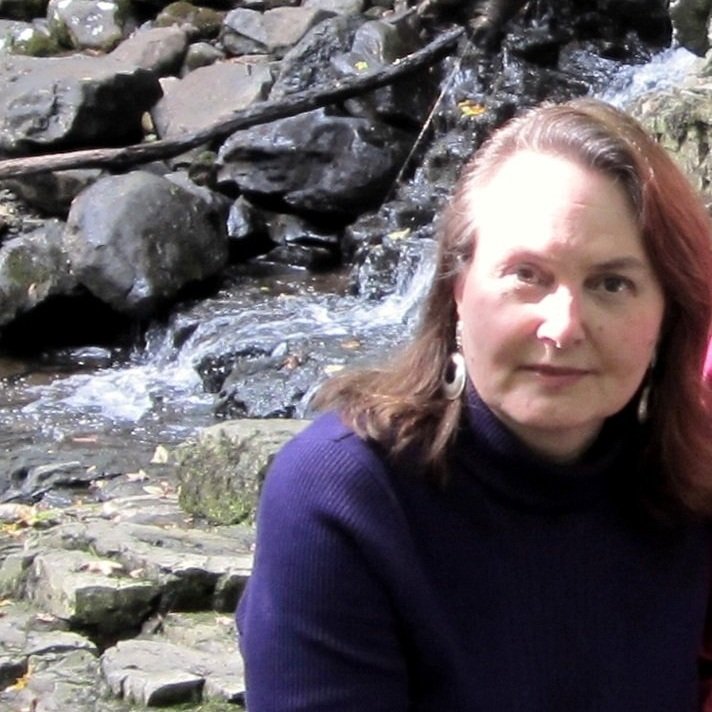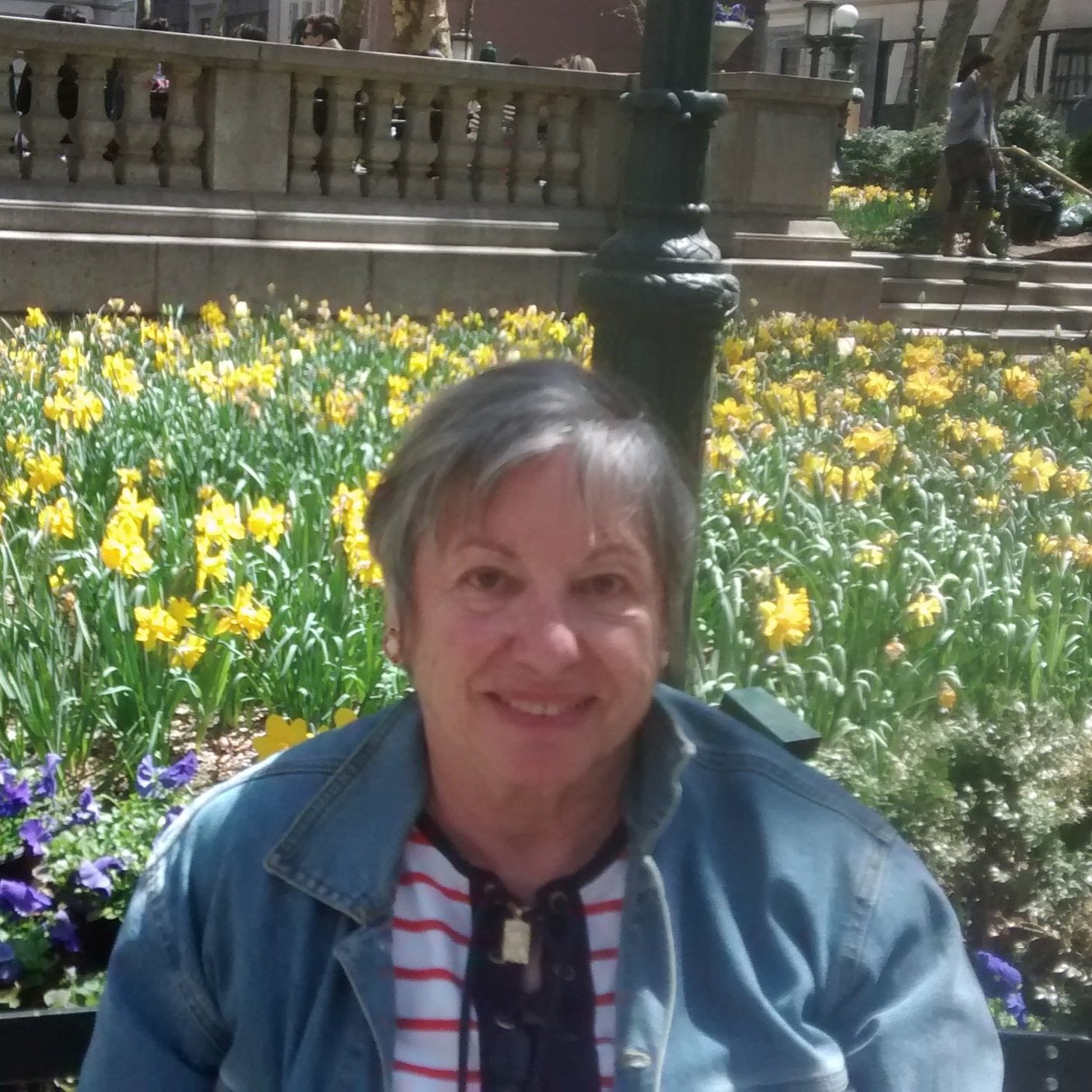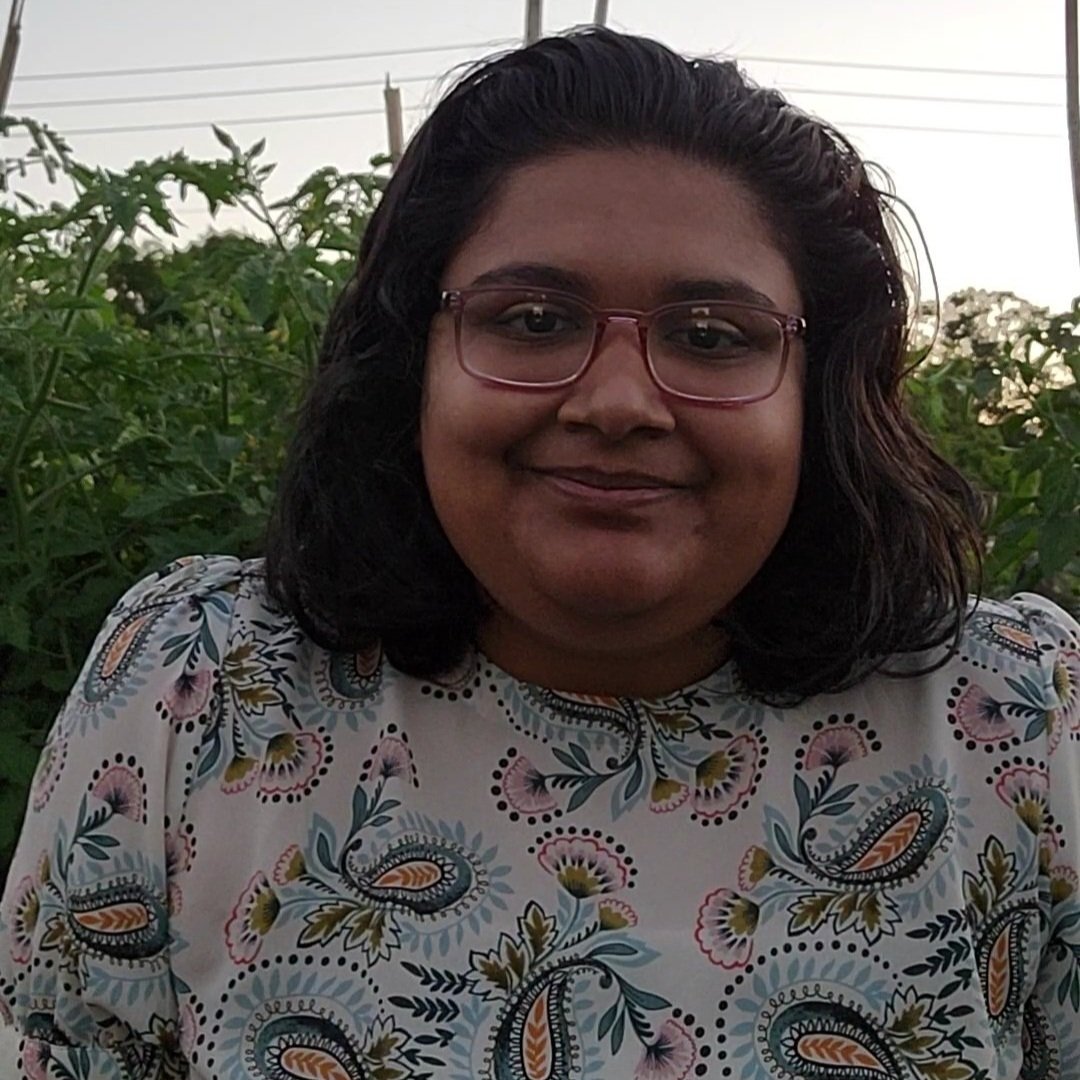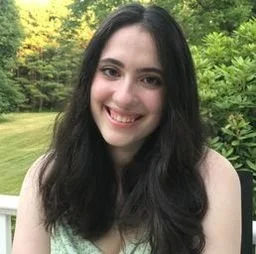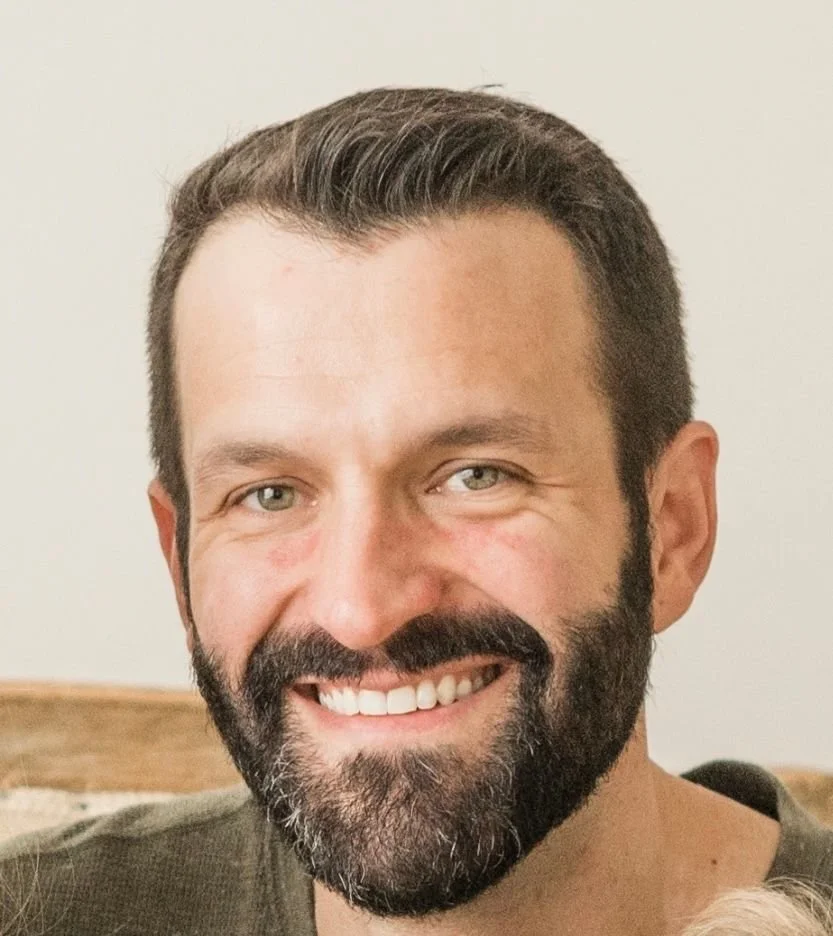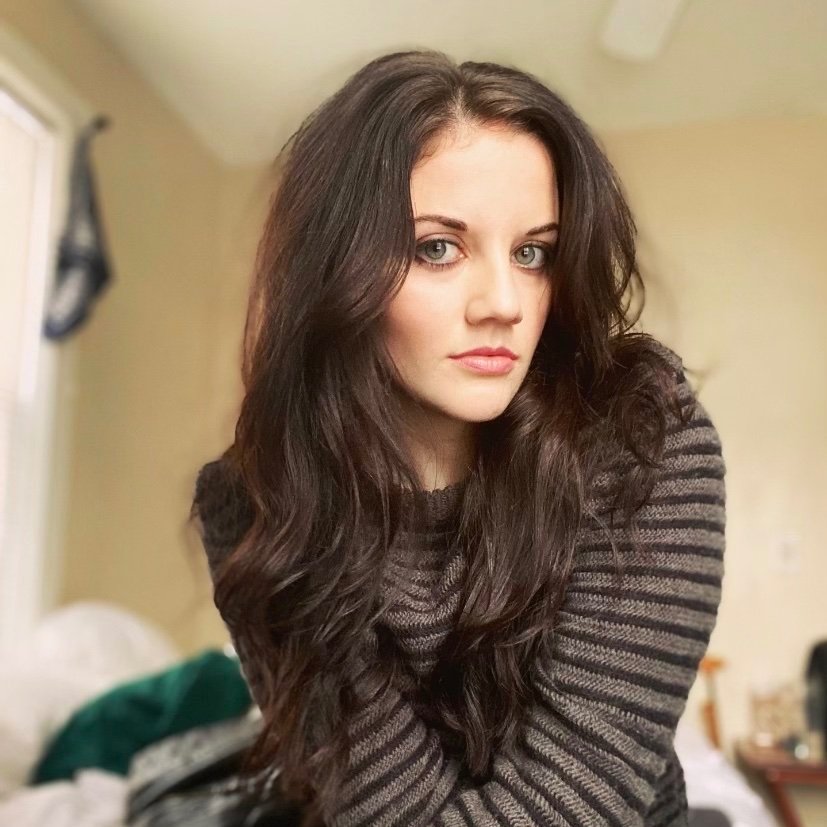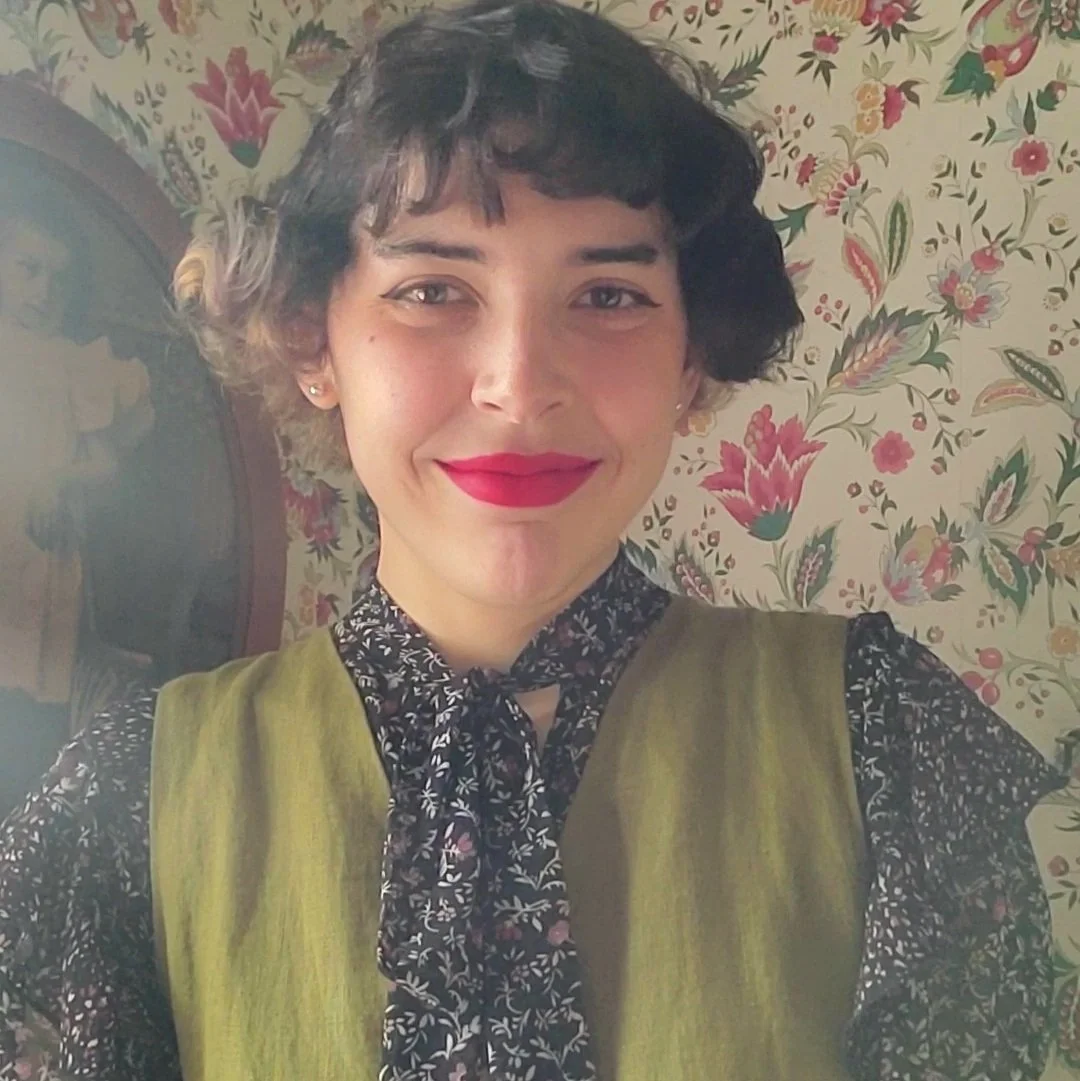The Stories
In so many ways, 2022 feels like the year of “almost, but not yet.” We are, we are told, in a new phase of the pandemic, even as new threats emerge. So many of us who took part in the Great Resignation are caught between new possibilities and the same old challenges. These stories, too, reflect a kind of straining towards something hopeful but uncertain: a woman whose discoveries lead her to trying on new lives after a breakup, a man pulled between two loves, a medic whose own wounds impede his ability to bind a broken society. Wherever this year of in-between finds you, may these stories provide a vision of what lies ahead and inspiration for the journey.
—Jonathan Freeman-Coppadge
Fiction Editor
Reading this year’s stories, one is struck by the ways each author presents stasis, loss and change. As you read them, you will notice how each story considers these perennial, broad themes, while making sure to step outside their shadow. Some characters face their mortality, repress their fears, and even endure violent intrusions upon their lives. Yet some grow, whether that means learning to forgive yourself or the overcoming of an obstacle once thought impossible. Finally, I hope you appreciate each story as much as I appreciated the chance to help publish them.
— Nicholas Dharmadi
Fiction Editorial Intern
When I read fiction, I search for the truth in it. I search for stories that settle in and stay with me, move me. This year, the selected Emerging Voices pieces organically came together to explore loss and shame. Shame is an emotion often felt but not often expressed, these stories give voice to it. When we see reflections of ourselves in fiction — we feel connection. Stories unite us. It is a privilege to read emerging writers’ work, to be part of their writing journey, and I hope as a reader you feel inspired by their words, too.
— Stephanie Fluckey
Guest Editor, Emerging Voices in Fiction
In the Line
Nur Turkmani
The heat outside my car is oppressive, like being forced to drink soup under the sun, but I cannot risk turning the air conditioning on with the little fuel I have. Ahead of me two taxi drivers obnoxiously honk at each other and I roll the window down to catch one of them shout something incoherent about the fuel crisis. Fuel, the banter of our summer: How much is the price of gas today?
Ostracophoria
Jacob Wrich
Think of every decision you make as a vote. A ballot cast one way or another. You ignore the phone calls from your spouse, you’re voting against your relationship. You take time off work to care for your dying father, you’re voting for family. You lie about how your sister died, you’re voting to still be loved.
Plant Based Pain and the Privilege of Suffering
Patricia McCrystal
It was Rayna who had first announced the cactus man’s passing. She led a one-person funeral dirge down the main drag at sunrise looking like a spitting image of a Phainopepla, her favorite desert bird: long black skirt dragging in the copper dust behind her, eyes griefed in scarlet.
Suture
Scott Pomfret
The medic wanted to ask the yodeling protester whether protests were always like this, but he didn’t want to betray he was a rookie or be perceived as casting negative judgment on the chaos. His roommate had advised him not to ask too many questions. Instead, the medic offered her one of the few bottles of water he’d rescued from the cops who’d gutted his supply with their bowie knives.
Unreasonable
Jordan Hagedon
It happened suddenly one week that their apartment became flanked on either side by new neighbors. Until then, Marina had not realized that the two apartments were available. Only last week, the Bellaires had smiled at her as they took out the garbage. Only a week before that, Mr. Aswad, who lived in the other apartment, had shown them cigars in a curiously carved wooden box on the elevator.
This Is Not a Confession
GEORGE Bandy
Anyway back at the orange plant, a few of the boys and me would listen in the break room to Mr. Conroy’s radio show. We’d catch snippets of his nightly Art-Bellian weirdness: alien aliens, alternate universes, free energy devices built in somebody’s garage gone rogue ... Once he even interviewed the messiah. Well, a couple of times— different ones.
Risen
Elizabeth Hall Magill
I call Brick the Wednesday before Easter to ask him what to bring to brunch. He knows I’m missing our mother something fierce because this is the first Easter without her. Not that she and I went to church with Brick, or even celebrated the way he did. But we always went to brunch after church with him, and Sue, and the twins, and she and I always walked in the meadow and picked wildflowers for the table.
LIKE GRASSHOPPERS IN THE SKY
Richie Swanson
We took cows quiet, just with ponies and bows, no guns. And I come back to the ledge, and Stunning Cloud and another sentinel lay scalped, and cradleboards hung empty in cedars. Leaves were scuffed where squaws had been dragged between trees, and I seen Sac braves running down in the creek-bottom, hunched like wolves after prey.
Purses
Alice Kinerk
You never really dreamt before, but you do now, the same claustrophobic dream over and over, in which you do an Alice-in-Wonderland, expanding until your arms and legs squeeze out the windows and your head goes up the chimney. Except there is no chimney in your apartment, so it's off with your head!
Mama in the Clouds
Beth Meko
Mama says watching me grow up is ripping her heart right out. Says I’m shooting up like a weed, nearly thirteen years old, while she sits there locked up. She twists a fist into her chest, into the stiff material of her navy-blue prison-issue uniform. Then squeezes her eyes shut and pleads, “Just give me my little girl back.”
Oklahoma!
Edward M. Cohen
Saturday started badly with Whitney Houston belting him awake on a golden oldies station. Once her sunny song had slithered to a conclusion, the forecast was for rain, fog, dangerous driving. If possible, stay home. If not, wear your rubbers.
The Waterfall, or a Dream
Carlyn Schmidt
I don’t know the name of the place. I don’t remember how we came to be there. Those memories had slipped from my mind a long time ago, or maybe they never existed in the first place.
TUG
Ben Harris
It is Monday and the sun’s been up for two hours. The Monday magic that ever inspires me is in its shimmering glory. I got much pep in my step approaching the tiny Greyhound bus depot; my visit here this time I chalk up a sweet success. I had walked the streets of my old haunts and stood before the boarding house I roomed in, still standing but vacant now, with overgrown weeds.
Internalization
Marquita Hockaday
There was more than just one thing that caused the tension to overflow between Tiffany and Noel that night. Weeks, possibly months, of small encounters swelled into fists, hair pulling, and broken shot glasses. But none of them knew it would end with one of them in handcuffs.
HERE IS MY ONLY ELSEWHERE
Emily Quinn BLACK
You’re sitting across from me and you’re brooding, bellicose. I have no right to be shocked, but your attitude is not the one I expected. When I spoke to you Tuesday you insisted, even sounded enthusiastic. But settling on your stool, you move like Claymation, like a tangled marionette: all fits and starts and jerks and gasps. You’re no use to me like this.
The Inner Circle
Arielle Prose
To air out the house and let in as much light as possible, Clarissa’s kitchen window is wide open and her shade pulled all the way up. God, why do they have to see me painting this damn chimney! The chimney that runs right through the middle of her Cape Cod-style house, from the ancient, stone-built basement, up through the small living room and kitchen, through the two bedrooms, and on up through the attic…
Mowgli from Queens
Nuha Fariha
It was four o’clock on a very warm fall afternoon in the Seeonee Apartments when Baloo woke up from his day’s rest, scratched under his belly, yawned, and reached for his blunt. The tip had cooled and blackened, leaving ashy marks on the mahogany coffee table.
THE PAPER FILES
JEFFREY GRIMYSER
Rich came in for the all-staff meeting first, as always. He sat on one side of the conference table. He lurched over a chair, wrapping his long fingers around the headrest and glaring down with beady eyes, like a perched vulture.
Los Imperiales
Jonathan Ferrini
My room is small, including a bed with squeaky springs, a bathroom lined with colorful Mexican ceramic tiles, and original plumbing fixtures. The antique telephone has no dial, ringing only to the front desk switchboard. The hotel and room are throwbacks to simpler times.
REDHEAD
WOLFGANG WRIGHT
Finally, Darcy looked at him, in much the same way a disgusted child looks at a freshly crushed squirrel in the street. It was a look he’d already seen on the faces of numerous girls at school, including her own, the few times that she had acknowledged his existence, and yet to see it from her now stung a whole lot deeper, perhaps because none of her peers were here, expecting her to regard him with such disdain; this was a look that she had chosen all on her own.
Animal Caller
Sidney Stevens
Arta wheels her mother into the musty house. Lena’s body slumps as though bones and tissue have given way in a mudslide. Her stick-figure shoulders are even gaunter than a year ago when Arta last visited. To be expected — after all, Lena is eighty-seven and has just undergone surgery for a hip fracture. But Arta finds her mother’s aging no less distasteful, a bodily function like vomiting or passing gas that’s best carried out in private.
THE WOMAN WITH THE DOG
BRIAN SUTTON
It was the last time she could recall them laughing together. Moments later, the conversation had turned brittle when she pointed out that she had gone along with getting a dog to please him and the kids, and they had never taken care of him. “Yeah, and you never let us forget it, Helen,” he had snapped.
Mother/Child
Argot Chen
The yuesao had already been booked when Xinyi miscarried in the eighth month. Death could not be refunded. The check for the deposit had cleared, calendars had been blocked off months in advance, and now it was too late for Wang Ayi to find another client.
THE WHITE LINE
CHRIS HUFF
A white stripe of fine-grained sandstone painted high across a red rock cliff—it looked like one large flatline above all the beauty in Sedona, Arizona. My brother always talked about this place. He had said, "You can die at the White Line. It's the scariest bike trail in the world…one small mistake and you'll tumble all the way down."
THE SILENT EVANGELIST
DAVID DENNY
The gun was tucked into the lunatic’s belt, just under his jacket. First the lunatic wanted to yell at my father, and then the lunatic wanted to shoot his gun. He called my father a false prophet. He said other things, too. But that was the gist. And then he pulled out the gun.
Duck Feeder
Philip Brunetti
That one likes to feed the ducks. She creeps down the wooden back stairway of her house and crouches near the edge of the dock. She carries a cellophane bag of old bread bits. She opens the bag and tosses bread into the channel. The ducks come swimming up with bobbing heads and excited quacking — semi-excited quacking. They skim the surface and dip their bills for sinking scraps and morsels, eagerly gobbling it all up.
Curtain
Ella Boehme
Their laughter comes back to me every May. That laughter, I’ll never forget it, the way it lilted and screeched. I understand the opera singers that hit notes so high they shatter glass with only their voices. Since then, I’ve heard that’s a myth, but that day it seemed like shrill voices could have sent entire cities crumbling to dust.
Found
Kathie Giorgio
Madeline set her cell phone on her desk. Years ago, when her first breast cancer diagnosis came over the phone, she’d dropped the receiver and the cord caught it before it hit the floor. It dangled there, strung up like an animal in a rope trap, and her doctor’s disembodied voice called out, “Maddie? Are you there? Maddie? Did you hear me?”
RUNAWAY
CATHERINE UROFF
First thing I do is pick up the cat. It’s still hanging around his apartment building, rubbing against the outside brick wall, swishing its skinny tail. Its pink collar doesn’t have any tags. When I try to pick it up, it scratches but I hold on tight. I take it to the pound, a few blocks away, walking in with it squirming and hissing and blood still dripping from my arm where it scratched me.
What More Could They Want?
Amy Savage
The laboratory was immaculate and orderly, lit by fluorescent bulbs and computer screens. Humane but not human. A plate glass window separated the primatologists from their subjects. When the bonobos were not grooming each other, the so-called Love-Not-War apes ate ginger leaves, solved problems with genital rubbing, and studied fashion photographs of women. Brunettes and blondes.
THE QUILT
MADELINE FOWLER
My mother said that my grandmother bled over this quilt in every way a woman can. Her fingers met pins over it, she discovered her first drop into womanhood under it, her daughter bled her way out of her body beside it, and she died wrapped within it, her mouth dripping blood on its seams.
Good Things
Katie Lynn Johnston
She’d been a child… But when the men came for her, it was not as a girl, but as a woman and, standing before her now, with their heads like paperweights and their eyes hidden behind the shade of their spectacles, not glittering like gold but rather that rotten sheen hidden in the cavities of her brother’s teeth, Eve thought there was nothing more horrible and couldn’t stop crying.
WHEN MADDIE TELLS ME SHE’S PREGNANT
SAGE TYRTLE
I eat her. I take the fork out of my mac and cheese and spear her arm and pop her into my mouth. I have to drink some of my Pepsi to wash her down but I manage it. I mean. Jesus. I can't be a, a, teen dad or whatever. Maddie’s not even my girlfriend and I have an Algebra test on Monday. And me and Helen are going to the Prom tonight.
Alexandria
Tahia Abdel Nasser
One day my cousins and I squirreled down to the beach and cooed. The prettiest natural pools shimmered in the sun. Pools dotted the beach like natural springs. The waves broke on the shore. Overnight they had spilled into the pools. We giggled, plopped down into the pools, and lay in water as deep as our shoulders. Some pools were shallow, barely covering our ankles. We hopped from pool to pool, splashed and bathed in the water, and squealed.

